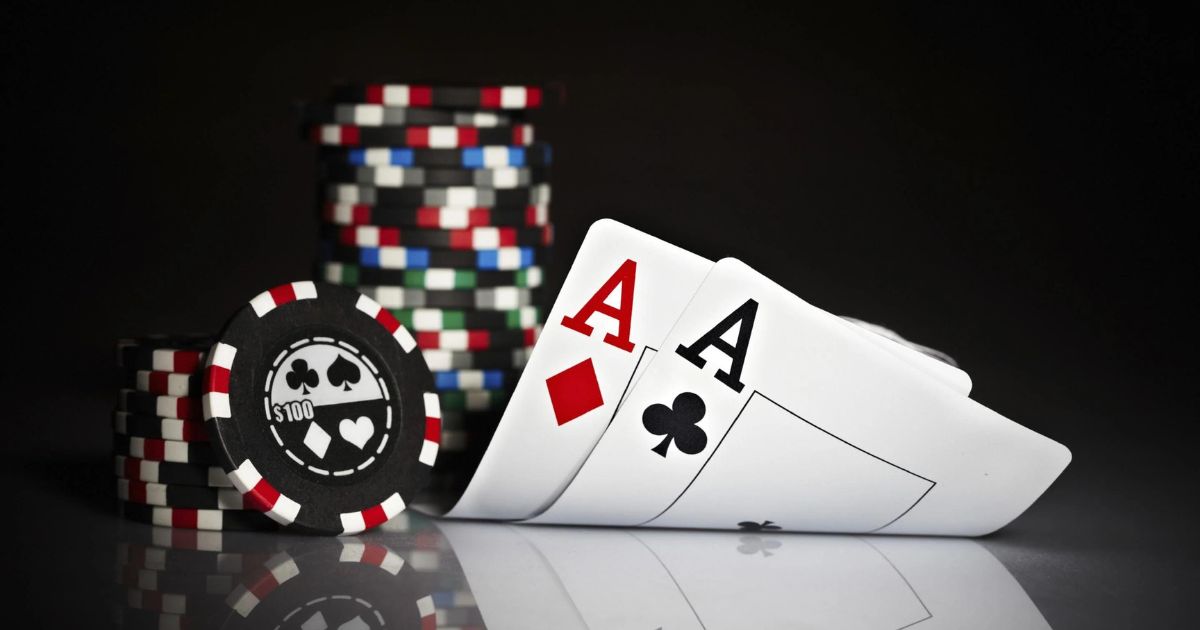In today’s fast-paced digital world, traditional games continue to hold a special place in people’s hearts. Among these, matka 420 ↗ stands out as one of the most talked-about and historically rich forms of number-based gaming. Originating in India decades ago, this game evolved from a simple form of lottery into a widely popular pastime enjoyed by enthusiasts from all walks of life. The game’s charm lies in its unique blend of luck, numbers, and the excitement of guessing the correct outcome.
The roots of Matka gaming date back to the early 1960s when it began as a form of betting on cotton prices transmitted from the New York Cotton Exchange to Bombay. Over time, as communication methods changed, people started drawing random numbers from a pot, or “Matka,” which led to the creation of what we now know as Matka. The concept grew rapidly, spreading across cities like Mumbai, Delhi, and Ahmedabad, becoming part of India’s gaming culture.
 With time, technological advancement transformed Matka 420 into an online phenomenon. What once required physical participation and handwritten slips is now accessible through secure websites and mobile apps. Online platforms allow players to engage from anywhere, offering real-time results, secure transactions, and multiple number combinations to choose from. The digital revolution not only made the game more convenient but also introduced transparency and ease of use for new players.
With time, technological advancement transformed Matka 420 into an online phenomenon. What once required physical participation and handwritten slips is now accessible through secure websites and mobile apps. Online platforms allow players to engage from anywhere, offering real-time results, secure transactions, and multiple number combinations to choose from. The digital revolution not only made the game more convenient but also introduced transparency and ease of use for new players.
The attraction of Matka 420 lies in its simplicity. Players choose numbers from a set range and place their bets. The results are announced at specific times, creating anticipation and excitement among participants. Whether played for fun or serious winnings, the game continues to provide a sense of thrill that few modern games can replicate. Moreover, online communities have formed around it, where enthusiasts share tips, strategies, and results, adding to the interactive experience.
While Matka gaming has a rich history, it’s important for players to engage responsibly. The game, like any other form of betting, requires self-control and awareness. Responsible gaming ensures that players enjoy the experience without crossing into risky behavior. Many online platforms now promote fair play, responsible participation, and age restrictions to ensure safe engagement for everyone involved.
When exploring traditional games in India, indian matka ↗ remains one of the most iconic examples of how culture, numbers, and entertainment intertwine. This form of gaming has maintained its popularity for decades, adapting to changing generations and technologies. From the days of hand-written slips to modern mobile screens, the essence of Indian Matka has remained unchanged — offering excitement, hope, and community interaction.
One of the most appealing aspects of Indian Matka is the sense of belonging it brings to players. It’s not just about guessing numbers but also being part of a tradition that connects millions of people. Some see it as a form of entertainment, while others treat it as a game of skill and intuition. In either case, its long-standing presence in Indian society reflects its cultural importance.
The rise of online Matka platforms has given this traditional game a global presence. People from different countries can now participate, learn the rules, and experience the same excitement as players in India. Tutorials, guides, and result trackers have made it easier for newcomers to understand the system. This international recognition highlights how a game born in India’s bustling markets has now become a digital sensation.
In conclusion, both Matka 420 and Indian Matka continue to represent the perfect blend of tradition and modern entertainment. They remind us of India’s innovative spirit and the enduring appeal of number-based gaming. As technology advances, these games are evolving while preserving their classic essence. Whether you’re a curious beginner or a long-time enthusiast, exploring Matka 420 and Indian Matka offers a glimpse into India’s vibrant gaming heritage — one that has stood the test of time and continues to thrive in the digital age.